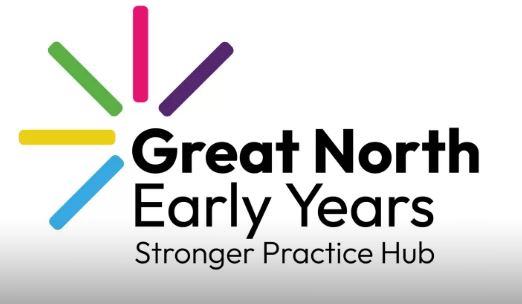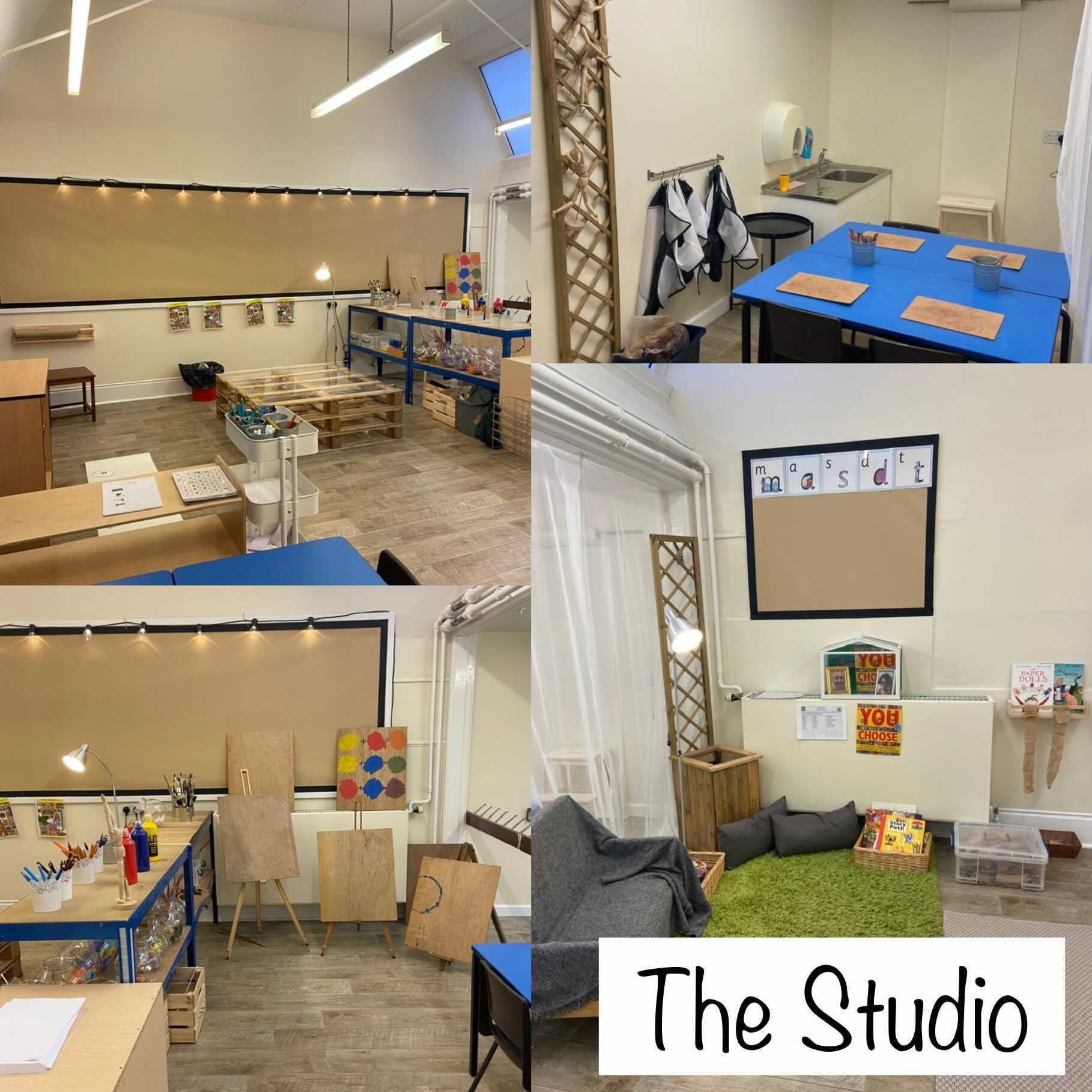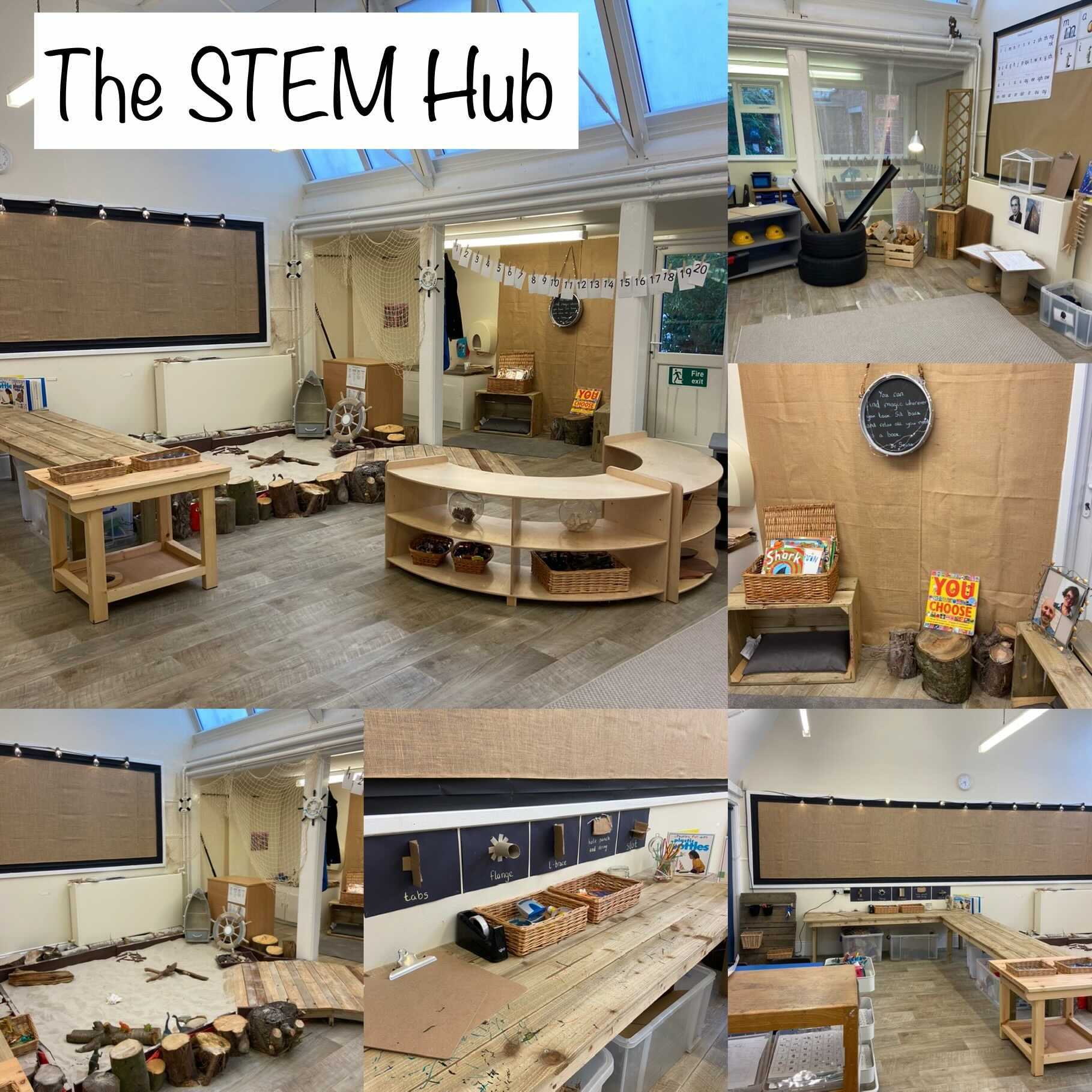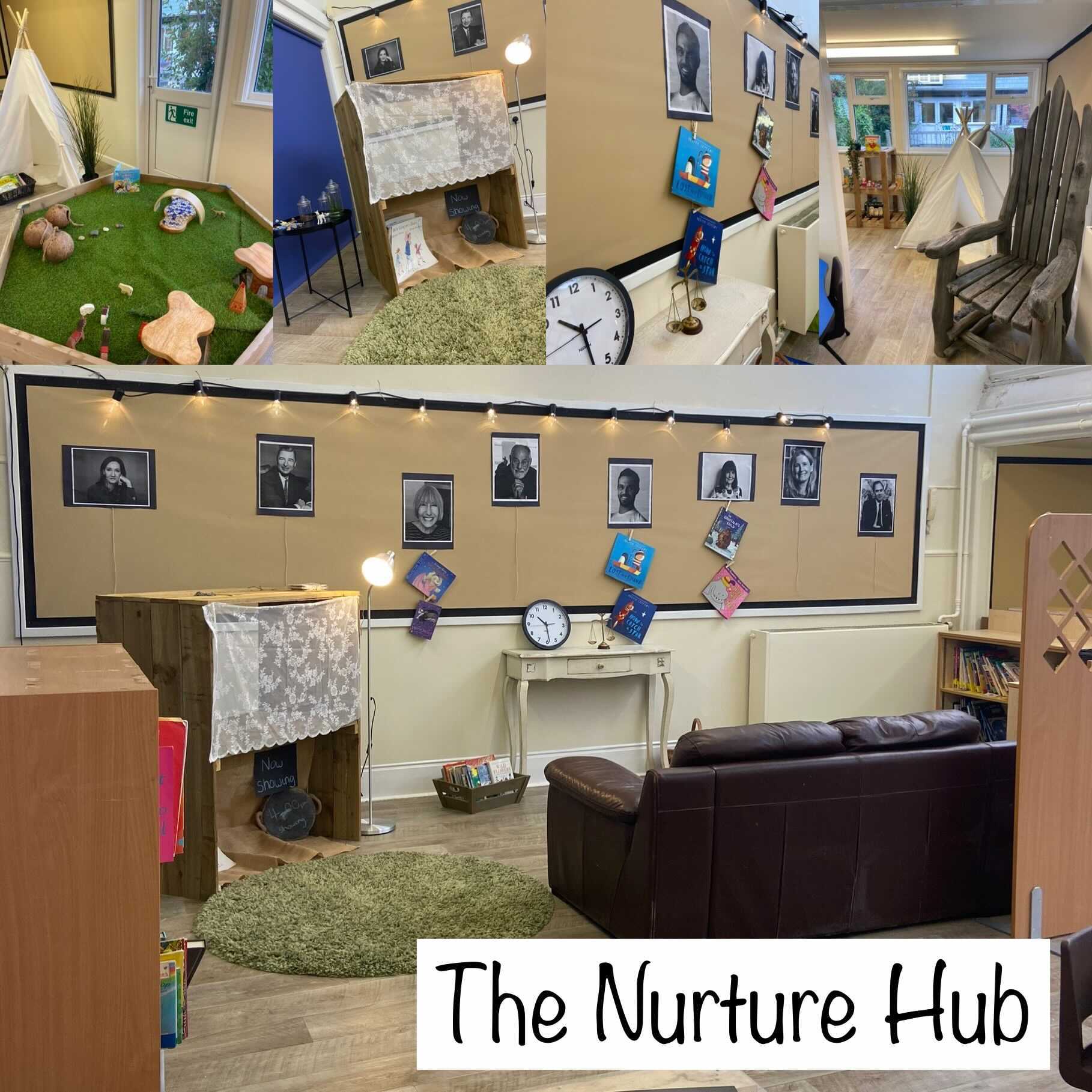EYFS

What is an Early Years Stronger Practice Hub?
The Stronger Practice Hubs programme is part of the Department for Education’s Early Years Education COVID-19 Recovery Package. The programme aims to support settings to address the impact of the pandemic on young children, by sharing effective practice and building lasting local networks.
The National Children’s Bureau (NCB) have been appointed national delivery partner for the programme, with the Education Endowment Foundation (EEF) supporting them as evidence partners.
Early years, stronger practice hubs offer guidance, exchange exemplary practices, and provide evidence-backed professional growth opportunities for professionals working in the field of early childhood education.
Each Hub is led by a group-based (school-based, private, voluntary, or independent) early years provider. The Department’s ambition is for Hubs to be evenly distributed across England, with two Hubs in each of the nine government office regions.
To find out more click the link below:
https://wiseacademies.co.uk/great-north-stronger-practice-hub/
Our EYFS is staffed by qualified teachers and support staff. Practitioners take time to listen to the children and their interests, which often results in both the children and staff going on their own learning journey together. Practitioners plan opportunities and new experiences to provoke curiosity, which supports the development of new interests and ideas. Practitioners know the importance of early experiences and skillfully provide the foundations for lifelong learning.
Every child is important to us and we celebrate diversity. At Bothal Primary, there is a great emphasis on the learning environment to maximise learning opportunities. Practitioners often use new, real or interesting objects as provocations for the children to explore and investigate, which helps to deepen their knowledge and understanding. They also plan learning sequences carefully and provide the tools children need to retrieve prior knowledge in a range of situations and experiences. As a result, the children know and remember more. Our aim is for every child to flourish and become the best they can be; leaving EYFS with independence, confidence, and as caring, responsible young learners who are ready for Key Stage 1 with a real love of learning.
As each child makes their journey through the EYFS, they will engage in a carefully selected range of key texts. The high quality texts drive our curriculum; they are selected to enthuse, motivate, reflect and extend interests. Practitioners ensure the learning environments reflect the key text and previous key texts.Across the phase, story maps are developed with the children and as a result, the children build up a familiar bank of stories that they are able to retell using great expression. ‘Book hooks’ in each learning space are used to promote excitement and curiosity amongst our learners, and expose them to a repertoire of literature.
Our calming and focused learning spaces are language rich and are carefully designed to support children to:
- Plan, predict and speculate
- Investigate, explore and use information
- Solve problems, work things out and find solutions
- Reason, use logic and make connections
- Create, imagine and fantasise
- Reflect, recall and encounter new experiences
- Interact socially and evolve flourishing friendships
- Develop independence in selection of resources
- Retell key texts and develop oracy
Little Learners
At Bothal Primary, learning starts at two. Our two-year old provision is often a child’s first venture alone into the larger world outside the family home. What children experience and learn in Little Learners creates strong and lasting foundations on which to build in later life, so we believe it is essential that the experiences are of the highest quality. By working in partnership with parents, we aim to provide a stimulating, challenging environment which is a warm, friendly extension of home. Here, children and adults can explore, have fun, play, talk and learn together, developing as happy, confident and independent individuals within our community. Our provision is predominantly child led, using our observations of the children at play to inform our planning. Staff also lead activities, introducing children to new and different experiences. The environment is regularly adapted and changed based on these observations in order to stimulate, challenge and progress children’s learning.
In Little Learners, we ensure children develop understanding of basic mathematical concepts through concrete and pictorial representations. Reinforcement is achieved by going back and forth between these representations, using real life experiences to support children's mathematical understanding. Developing a love of reading is a key focus in Little Learners. A core selection of texts are carefully chosen to ensure children have access to daily storytelling sessions and opportunities to act out familiar stories and rhymes. Practitioners model reading skills on a daily basis in order to develop a positive reading culture, where children can foster a love of reading information and knowledge, as well as for pleasure. Children are provided with a range of exciting experiences linked to their current key text.
Nursery
Our Nursery environment comprises indoor and outdoor learning spaces, accessed by each key group. The spaces are designed to promote independence and to provide children a plethora of opportunities through a delicately balanced, play-based approach. Children regularly engage in sensory activities as well as activities which help develop their personal, social and emotional skills, their communication and language skills and physical development; these are known as the prime areas within the Early Years Foundation Stage. Children are given opportunities at every turn to build relationships with other children and staff. We give children real experiences where possible; for example, cutting up fruit, using real sized resources and caring for animals. We encourage children to manage and take risks, and ensure the environment is set up to allow for this. We support children in their ideas and theories and in their exploration and experimentation.
Developing language and communication is a key focus for us in Nursery. Our practitioners provide targeted language enrichment by systematically adding and modelling the next steps in each child's language journey to improve sentence length, vocabulary, use of verbs and tenses and conceptual understanding. Early literacy skills are developed at every opportunity, ensuring children are ready to access phonics in Reception. A concrete, pictorial approach to Mathematics is continued in Nursery with daily planned opportunities to develop mathematical knowledge and skills. The mathematics sequences of learning in Nursery provide children a fundamental mathematical understanding, ready to begin their NCETM Mastering Number Programme journey as they move into Reception.
Reception
Our Reception learning spaces have been carefully designed, each with a clear purpose.
The Nurture Hub provides a quiet, book-rich environment in which children are able to explore both new and familiar texts. Books are organised and clearly labelled in a library format, allowing children to access texts independently and make choices about the texts they read. Children are given the opportunity to “check out” a book on a weekly basis, which they take home to enjoy with their families. In this space, children will also find activities linked to familiar texts. These activities provide children an opportunity to develop and refine fundamental pre-literacy skills.
The Studio is a dedicated art space which enables children to explore their creativity and immerse themselves in the world of an artist. Children are able to explore a range of art media including painting, sculpting, drawing, printing, photography and atelia. Resources and materials in this space are carefully selected; pupils are given continuous access to quality art mediums, though practitioners are acutely aware of the need to limit the resources when necessary, in order to encourage deeper learning, exploration and experimentation. Resources include clay, modelling tools, charcoal, watercolours, canvas, loose parts, oil pastels and haberdashery materials. Children are encouraged to work on a variety of levels, gradients, scales and surfaces, including easels, tables, the floor, walls and materials. The room is enriched with books and posters exhibiting the work of famous artists including Kandinsky, Picasso, Van Gogh and Surat for the children to take inspiration from.
The Theatre provides a safe and familiar environment where children can imagine, take risks and transport themselves beyond the walls of reality. The domestic role play area reflects a home and is thoughtfully resourced with a range of familiar and historial real-life items, allowing children to take on familiar roles and learn to assign responsibility. Children also engage in fictitious, dramatic play, where they pretend to be something or someone different from themselves, dramatise situations, and take on the roles they have chosen to play. Open-ended resources enable many realms of expression to be explored, from storytelling and performing to singing and dancing, and support children in developing their confidence, concentration, language and communication, cooperation, emotional intelligence and creativity. The Theatre is a magical place of endless possibility.
The Invention Hub is a STEM centre which transports children into the working world. As they enter the room, children become engineers, scientists, designers, negotiators, problem solvers and team players. They are able to investigate and be curious, while developing and refining skills that will enable them success in their journey through school and beyond. With each interaction in this room, children are challenged to develop their resilience, leadership, initiative and adaptability. The space offers a workshop, a woodwork bench, a sand pit and a construction workplace, in which children are taught to safely use real-life tools such as screwdrivers and hammers. Photographs of significant figures from the STEM industry alongside their notable works and achievements inspire and motivate children, and provide tangible links to real life.
The Quad is an outdoor learning area, which can be readily accessed from each of the reception classrooms. It is designed to offer children an environment in which they can be active, explore the natural elements and experience the living world around them. It has been carefully zoned and includes a mud kitchen, construction site, miniature woodland, allotment planters, herb garden and an open gazebo. The space is set across varying levels with a range of terrains, providing children ample opportunity to navigate and develop their gross motor skills. Open-ended and natural resources are plentiful, and mud, sand and water can be accessed freely; this encourages independence and curiosity amongst children, and allows them to take a lead in their exploration. Children are taught to take responsibility for the Quad; they learn how to grow plants, flowers and vegetables, and contribute to the tidying, safety and maintenance of the space.



